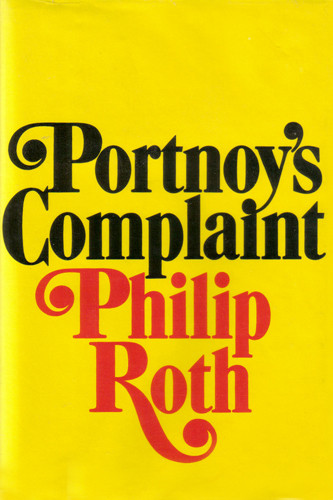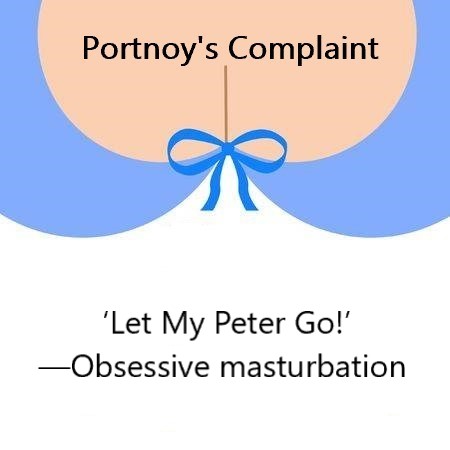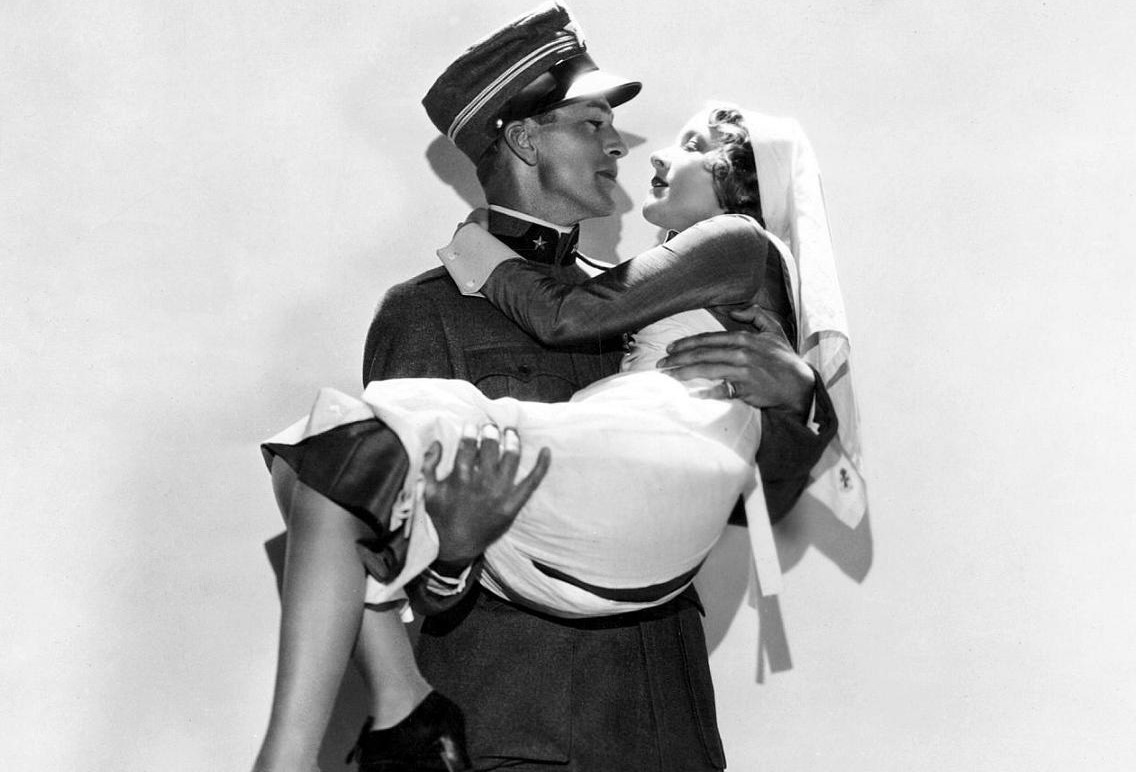All Controversial Themes
The entire book is a monologue, actually a long rant, by Alexander Portnoy to his psychotherapist through which he goes back and forth between his childhood and adulthood. Despite being a successful New York civil rights lawyer, he’s tormented by the guilt heaped on him by his “very Jewish” mother who would’ve preferred that he’d become a doctor and settle down with a wife and children. Instead he helplessly bounces from one failed relationship to another, trying to satisfy his libido. The book was written in 1969, at the height of the sexual revolution. Many Americans started enjoying regret-free sex but not this Jewish boy.
He can’t help compare the women he dates to the superhuman standard set by his own mother. He ascribes to them degrading names based on their body type, their background or their job: “The Pumpkin,” “The Pilgrim,” “The Monkey” and “The Lieutenant.” He doesn’t view these women as human, especially the non-Jewish ones. They’re mere tools for pleasure, not unlike the various items he employs to masturbate. In fact, masturbation features heavily in the book: he uses an empty milk bottle, a baseball mitt, a cored apple, a candy wrapper, an old sock, his sister’s underwear and a piece of liver!
Alexander Portnoy is a character full of contradictions. He objects to his mother’s racist treatment of the African-American cleaning woman, gets furious at his father’s remarks about non-Jews but he himself is guilty of the same. He makes racist comments about, for example, Polish and Chinese people. In his relationships with non-Jewish girls, he feels superior. Paradoxically, he fantasizes about escaping his Jewness to become the proverbial blond-haired, blue-eyed American boy. His hypocrisy and misogyny are impossible to overlook.
The book’s dehumanizing portrayal of women makes it even more problematic now than it was five decades ago. After the death of the author, The New York Times published a piece titled “What Philip Roth Didn’t Know About Women Could Fill a Book.” What readers should keep in mind is that Roth did not glorify the main character. He’s ultimately the loser whose struggles with identity and relationships we might sympathize with while categorically rejecting his misogyny. All considered, clearly the frank exploration of identity and sexual issues in Portnoy’s Complaint made it one of the iconic books of the 20th century. What would be the reaction if Philip Roth tried to publish such a book today?
Book Composition:
The 274-page original print edition could be roughly divided into two parts. In semi-chronological order, the first half covers Portnoy’s issues with his parents, especially his mother, his habit of obsessive masturbation and his struggles with Jewish identity.
The second half, starting with page 134, focuses on his unhealthy sexual relationships. Each one of the women is given a name: Bubbles, The Pumpkin, The Pilgrim, The Monkey and The Lieutenant.
You might also like:
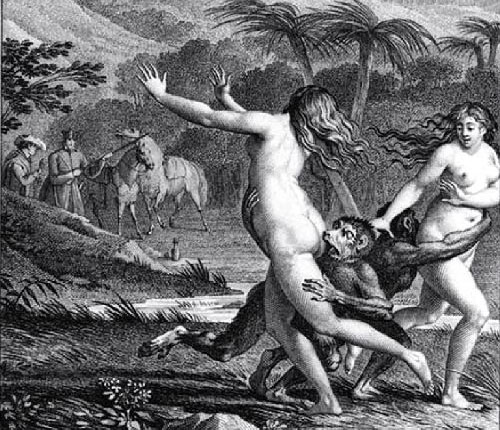
Candide: The shocking passages
Condemned by the French government and the Catholic Church: Read the controversial passages from Voltaire’s Candide (1759)
BOOK: CANDIDE
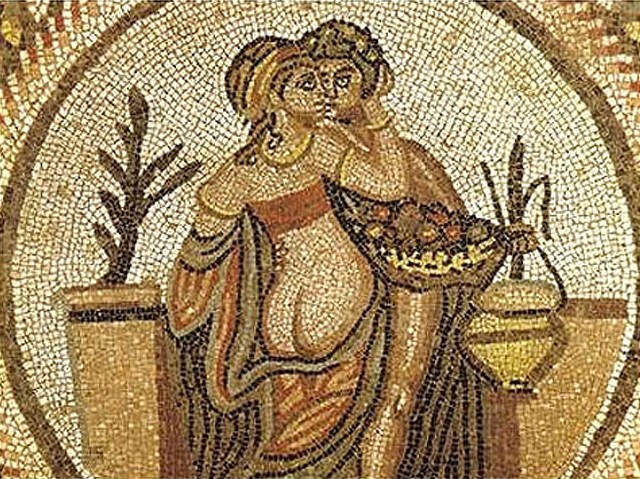
Ars amatoria: Controversial advice on love, sex and date rape from ancient Rome
Why The Art of Love by Ovid was repeatedly censored: burnt in Florence, banned in England and seized in the U.S.?
BOOK: THE ART OF LOVE

